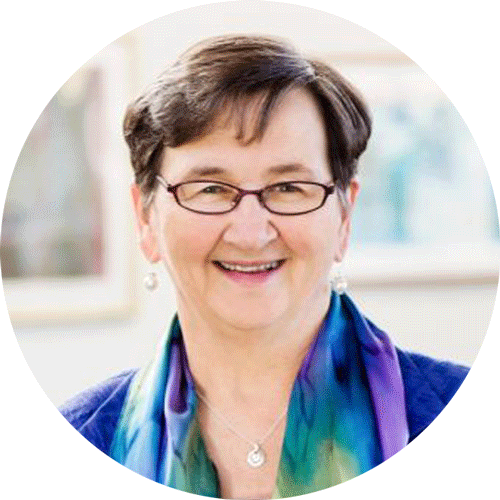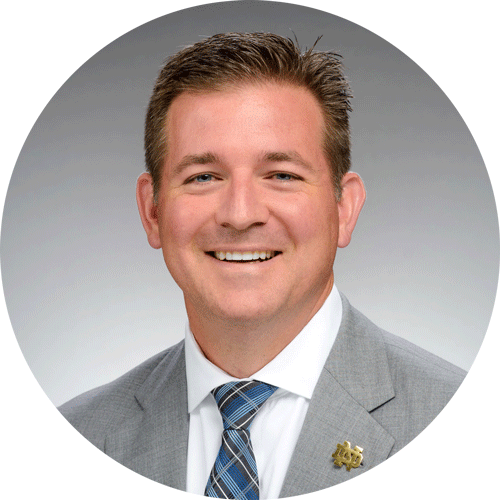Thanksgiving always comes right between Founder’s Day (November 10) in my religious congregation and the feast of the Immaculate Conception (December 8) when we renew our vows each year. In this world where peace and well-being seem so frighteningly elusive, this year I’m centering my gratitude more narrowly on something much more immediate and personal — the arrival in my life of my Haitian son almost 30 years ago. So I dug through my journals to share my written recollection of that night:
March 8, 1996
My anxious but unspoken thoughts collide with the roar of industrial vacuums thundering down the empty hallway in the Newark Airport terminal. Closer to the gate, my steps quicken and echo in the now eerily empty airport. On this early March night, the plane from Port-au-Prince is late – very late, and it’s cold — bone-chilling cold.
Competing emotions fight for dominance — anticipation, fear, wondering how it will be to see him again. Thinking too about how he might be feeling, knowing he had no real say in coming to the U.S., in coming to me. Taken from the orphanage to the airport; unexpectedly alone on the plane. I already love him; our weeks together in early December had knit him tightly into my heart. I know I can love him more and I’m hoping for the same from him.
My neck cranes to watch the passengers deplane as I try to recall the contours of his small dark face. At nearly 1am, a solitary child walks off the plane. He recognizes me! My soul smiles as it remembers his sweet ways.
His green jacket is unzipped; several sizes too big; not warm enough anyway. A bright fuchsia t-shirt dwarfs his tiny frame; a small, tightly gripped bag carries all he knows as his own. My first thoughts — so small; so fragile; so brave. He will need a warmer coat. He will need a lot.
He is exhausted. He is eleven. A quick and tight hug; a few stumbling words he doesn’t yet understand and we step together into the frigid night, neither truly aware of the adventure ahead. I whisper to myself, “He is my son,” and feel grateful, humble and drenched in grace. This will be good. I’m hoping he’s thinking the same.
Most significant in the aftermath of that day and the ensuing years: how life-altering it can be to remain open to surprise. For me, the most stunning manifestation of this was not twice becoming a college president, not completing a Ph.D., not performing music, nor leading institutions, but the unexpected discovery of myself as a mother at age 47 — entering in with the blessing of my Congregation’s leaders; embracing possibility; and being changed forever by it.
Each of us has had these moments of surprise, opportunity and choice when we can engage, or we can walk away. So perhaps this Thanksgiving, amid this shattered world in which we live, you will swim like me in a sea of gratitude for whatever has brought grace and joy into the intimate circle of your life.
Andrea Lee, IHM
Lead Faculty and Staff Chaplain








 In contrast, my wife Starr grew up in one town and attended one combined campus over that same period. Our children have only known one neighborhood and two different school buildings. Even in relative peacetime and away from the front lines of conflict, service to one’s country still comes with sacrificing your personal will and comfort.
In contrast, my wife Starr grew up in one town and attended one combined campus over that same period. Our children have only known one neighborhood and two different school buildings. Even in relative peacetime and away from the front lines of conflict, service to one’s country still comes with sacrificing your personal will and comfort.

